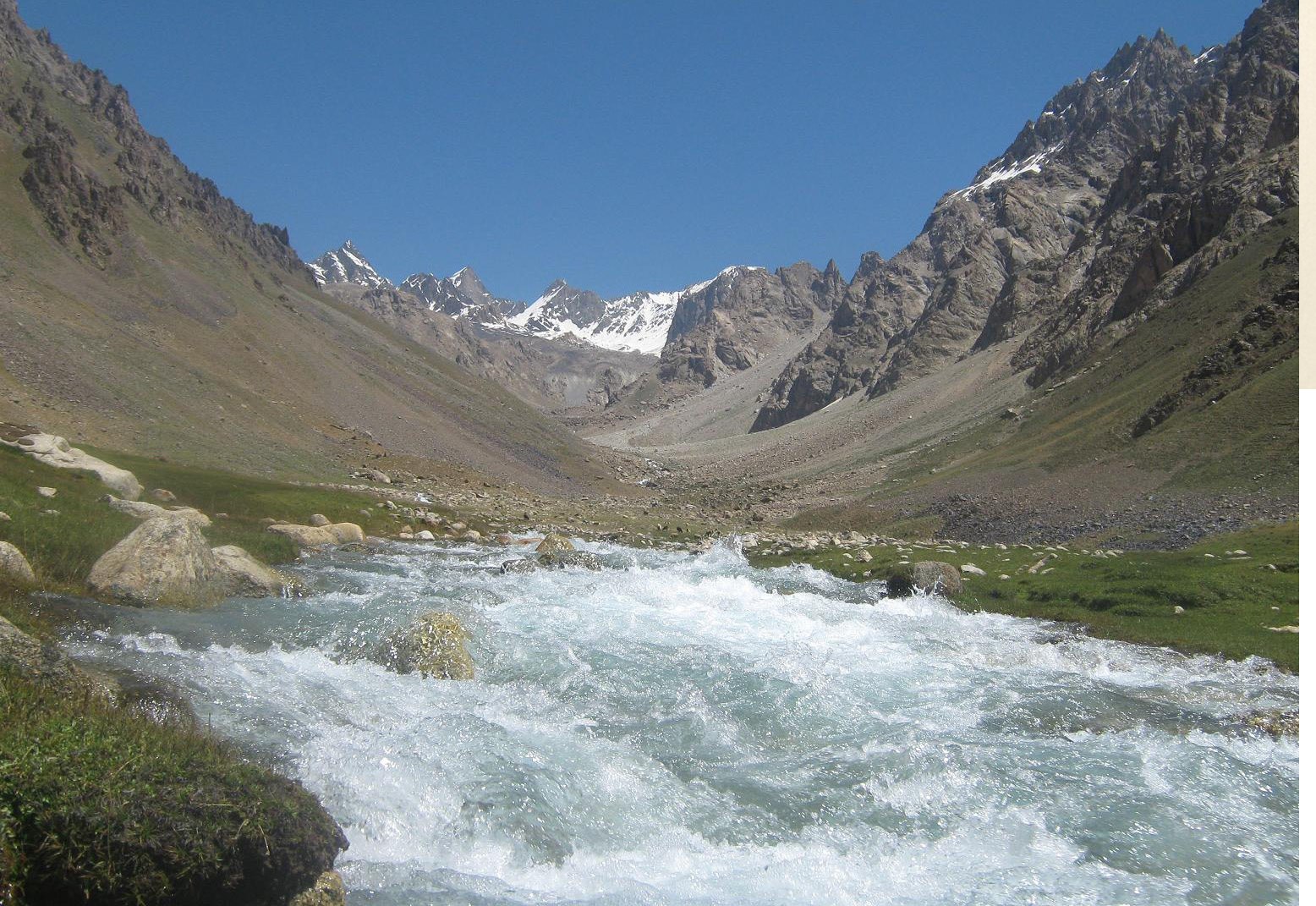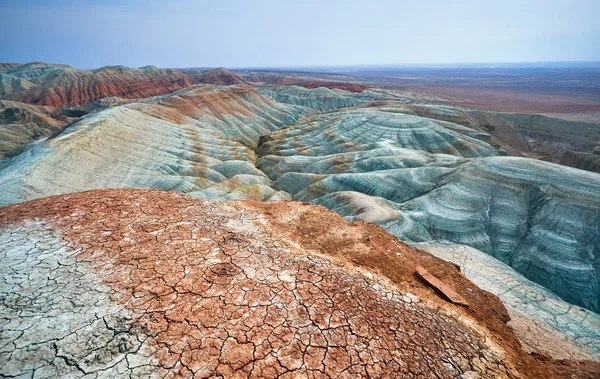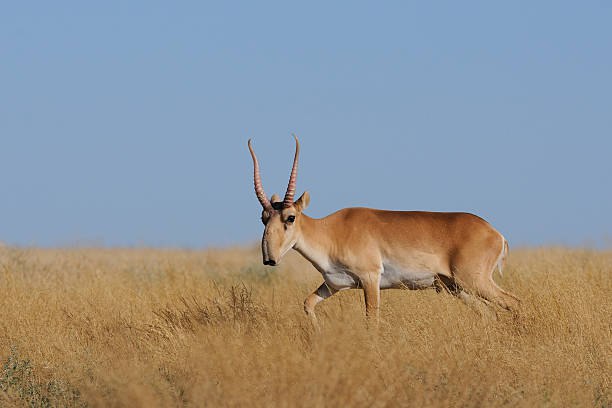Climate change is having an increasing impact on Tajikistan’s flora and fauna and climatologists predict further drying up of regions, jeopardizing the country’s biodiversity.
According to the International Union for Conservation of Nature (IUCN), over 860 species have disappeared worldwide since 1500, and some 17,300 species are currently under threat. To mitigate the effects of climate change in their country, Tajik scientists have urged that measures be taken to preserve rare species of plants and animals.
Speaking on the issue, Khikmat Khisoriev, a doctor of biological sciences and an academician at the National Academy of Sciences of Tajikistan, stated that climate has changed cyclically throughout history, with alternating periods of cooling and warming . In recent decades, however, the significant increase in the rate of warming has a powerful impact on plant life. Rapid changes in environmental conditions do not allow plants time to adapt, leading to the extinction of vulnerable species such as the anzur onion, the Vavilov almond, and other endemic plants of Tajikistan.
The loss of rare species of economic importance is a particular concern. For example, the endemic plant Ferula Tajiki, widely used in medicine, is on the verge of extinction due to intensive harvesting. Such processes lead to a decrease in the country’s biodiversity, and ecosystems are becoming less resistant to external changes.
Climatic change is also affecting wildlife. According to Abdusattor Saidov, zoologist and corresponding member of the National Academy of Sciences of Tajikistan, changes in humidity in Tajikistan’s mountains can significantly impact the composition of vegetation, and in turn, forage for wildlife. Forced to migrate in search of food, Tajikistan’s populations of species such as the Marco Polo sheep, Siberian ibex, and snow leopard, could potentially diminish.
The situation is also aggravated by anthropogenic factors including excessive collection of plants, poaching, and economic activities, which are especially dangerous for species with restricted habitats. Among such species is the Apollo Autocrator butterfly which living in the Pamirs, is unable adapt to change as quickly as other organisms.
To combat these challenges, the Government of Tajikistan has developed the “National Program of the Republic of Tajikistan ‘Green Country’ for 2023-2027″ to address climate change, restore ecosystems, and develop a green economy. The program aims to plant 65 million trees by the end of 2025, creating protected areas, and introducing modern technologies for sustainable management of natural resources.
Biodiversity conservation also includes expanding the network of protected areas. Tajikistan already has reserves and national parks covering 22% of the country’s territory, in which 70% of flora and fauna species are preserved. Much more, however, needs to be done to fully compensate for climate change and anthropogenic impact losses. In addition to more effective measures to protect rare species, such as introducing quotas for plant collection and controlling economic activities in habitats, other necessary measures include developing zero-waste technologies, and public education programs to raise awareness of the importance of nature conservation.
Experts believe that sustainable development is only possible with the active participation of all sectors of society, from scientists and environmentalists to representatives of government agencies and public organizations. Adaptation to climate change and biodiversity conservation in Tajikistan requires an integrated approach and international cooperation. Following the example of other countries, where the introduction of advanced technologies, increased monitoring of the state of the natural habitat, and research, has helped address these problems, Tajikistan is now striving to preserve its unique natural resources and ecosystems for future generations.







